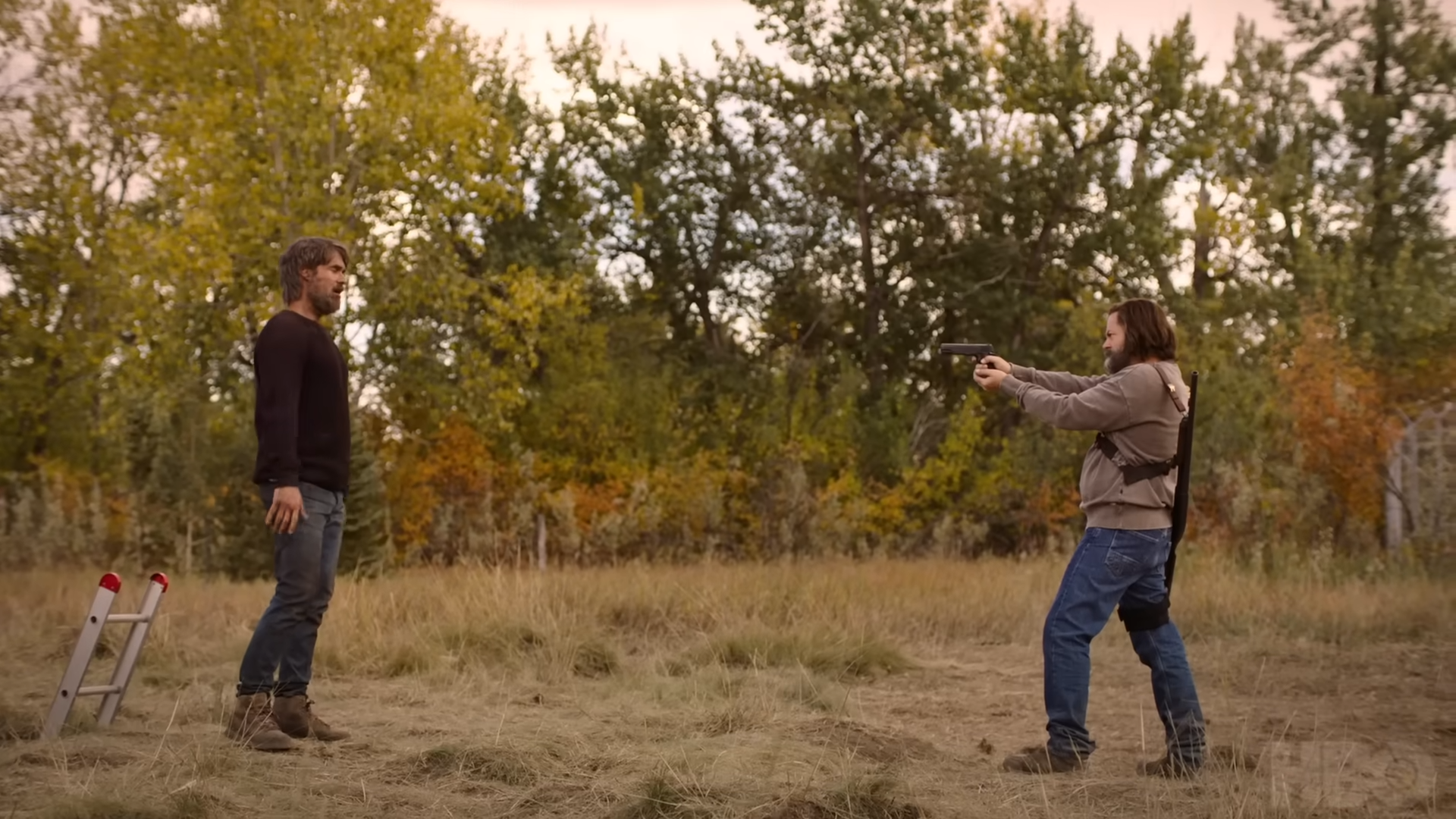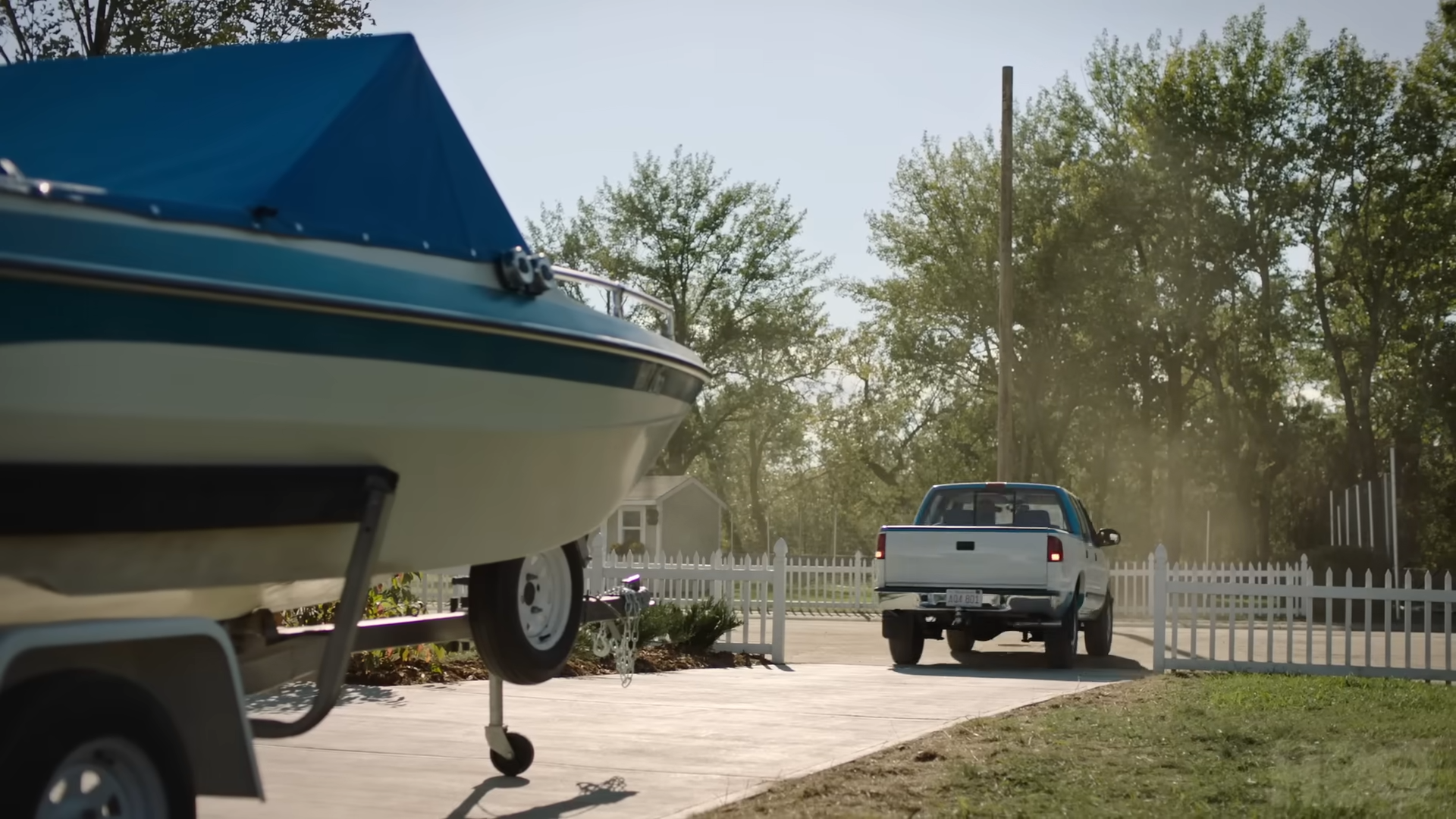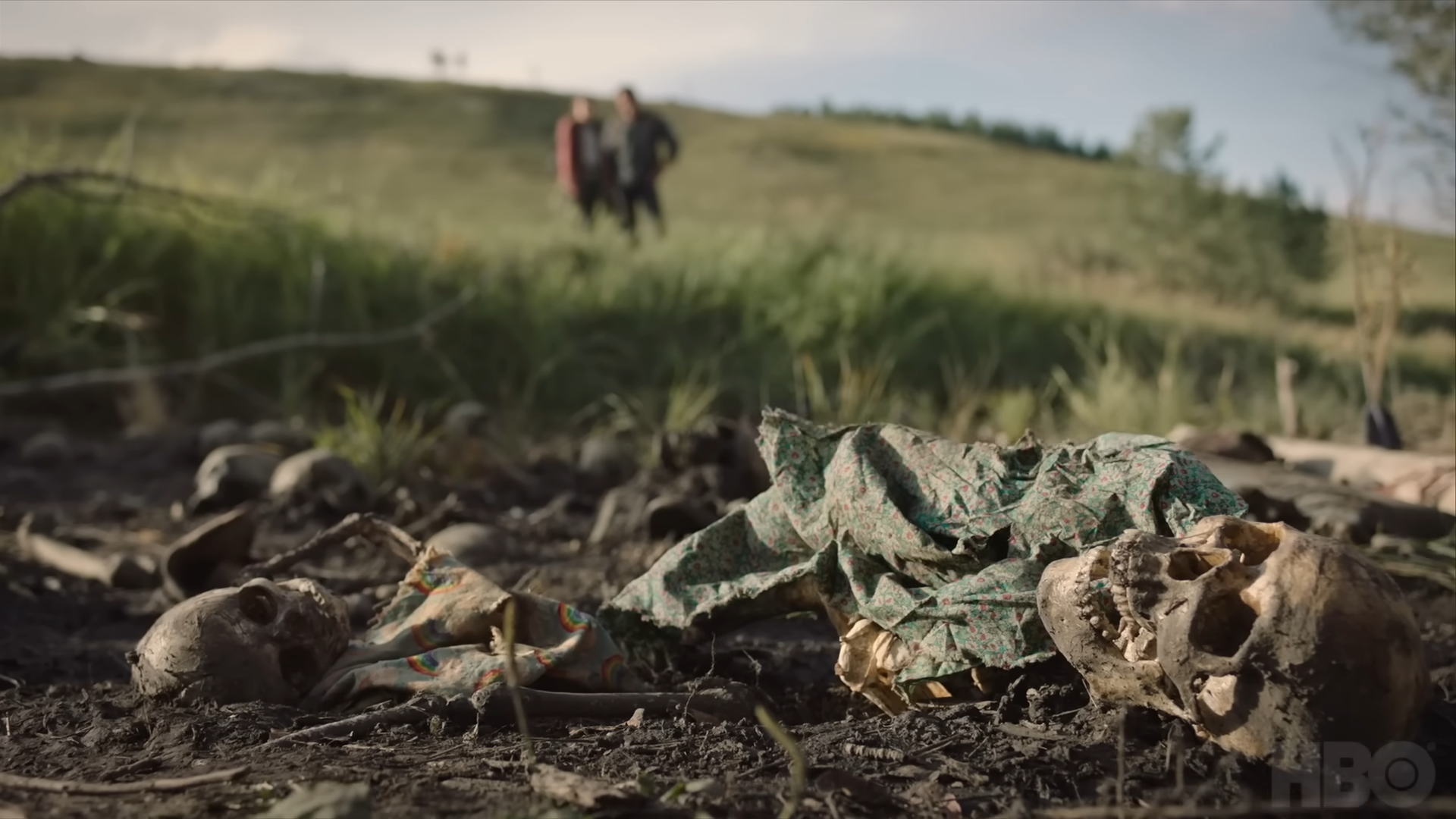The Last of Us HBO series, at this point, has delivered 3 solid episodes so far, but the latest one might just be its best. “Long, Long Time” is an extended look at the relationship between two characters we meet for the first time in the episode, Bill and Frank. This emotionally riveting story takes place over the span of 20 years as we see love blossom and flourish between these two individuals.
This was a massive diversion for the show that is largely focused on the dynamic between Joel and Ellie. Despite that, the episode does a great job of illustrating how the outbreak and the subsequent pandemic has affected different people. Furthermore, Bill and Frank’s relationship serves as a reflection of perhaps the kind of relationship Tess and Joel could have had.
The episode, like always, was packed with references to other media as well as easter eggs for fans of the video game. Here, we take a look at some of the coolest details from Episode Three of The Last of Us, “Long, Long Time”.
See More: Biggest moments from The Last of Us Episode 3 “Long, Long Time”
The Turning…Mortal Kombat
https://www.youtube.com/watch?v=NyY6G_hNM5k
A scene lifted right from the game itself, Joel and Ellie come across an arcade machine for Mortal Kombat II. As fans of the game might remember, Ellie remarks about a similar arcade machine in Bill’s Town section of the game, but it was called “The Turning”. The Turning has now been turned into a Mortal Kombat II arcade machine.
In a bid to avoid spoilers for those unaware of the games, the arcade machine will make an appearance probably in a later episode of the series. While it may seem like a throwaway line and moment from the episode, the arcade machine has a lot to do with Ellie’s backstory, especially with Riley – a character that has been mentioned before and will see soon enough.
The radio codes foreshadowing

As fans discovered, Bill and Frank use coded messages to relay information to Tess and Joel in the Boston QZ. As Ellie had figured out, a song from the 60s meant “no stock” while the 70s meant “new stock”, and ultimately 80s meant “trouble”. This is a trick that showrunner Mazin also seems to be using within the show itself.
In the starting of the episode, we see Bill live a solitary life mowing down the infected as he eats dinner by his lonesome. As he raids the Home Depot, we hear the 1968 rock classic “White Room” by Cream. This essentially signals that Bill is not planning on meeting anybody new and is rather content living out his days in isolation. As Frank rolls around, Bill takes over the piano and sings him the Linda Ronstadt song “Long, Long Time”, a song from the 70s, effectively telling the audience that Frank is here to stay.
It looks like the show, much like the game, will be using music as an integral plot device to relay important messages and themes to the audience.
The identical meals
The first time Frank stumbled into Bill’s house, the latter cooked him rabbit and paired with a nice wine. For their last meal together, Bill prepares the exact same meal as he serves the wine with the lethal dose of medicine. This is an incredibly powerful scene that drives home the theme of love in midst of absolute, bleak disaster.
Bill and Frank’s love story also is probably foreshadowing Joel softening and warming up to Ellie as the story moves forward. At this point, though, Joel remains extremely reserved but there are cracks beginning to form in its extremely tough exterior.
In the last few moments of the show, Ellie reads to Joel a letter from Bill explaining to him the role he must now play in the world, the protector. It will be interesting to see if Joel embraces this new role or remains the lone smuggler he has been for the last twenty years.
The iconic truck makes a return

The Last of Us HBO series inevitably includes a lot of references to the game as well as lines lifted right from it as well. Fans of the game immediately clocked Bill’s truck as being the same one as the game. Getting parts for the truck was one of the bigger levels of the game and had Ellie, Joel, and Bill run all over town scavenging for parts.
While the events played out extremely differently, the truck remained just about the same. One of the things fans have noticed about the HBO series is that it doesn’t rely on high-octane set-pieces and action as the videogame. This is likely a result of the necessity of the medium of videogames as the show doesn’t have the same need for high-octane action.
The show uses violence and graphic imagery sparingly and it seems to add a lot more weight to the parts that do get bloody.
Read Next: The best Pedro Pascal shows to watch: From Game Of Thrones to The Last Of Us














